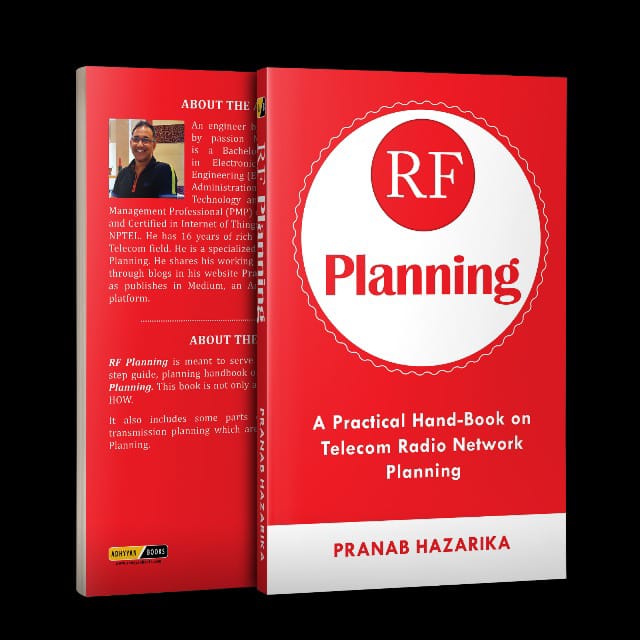Your Key to Project Management Proficiency
Project Management Professionals (PMPs) play a crucial role in ensuring the successful execution of projects across various industries. One of the key components that project management methodology is the utilization of process groups. In this article, we will explore the five process groups of PMP and will see ho
w these groups contribute to project success.
The Five Process Groups of PMP
To effectively navigate the world of project management, it is essential to understand the five process groups defined by the Project Management Institute (PMI). These process groups present a systematic approach to project execution and are as follows:
1. Initiating Process Group
The initiating process group marks the beginning of a project. It involves defining and aligning project goals with organizational objectives, identifying key stakeholders, and outlining the overall project scope. During this phase, project managers lay the foundation for project success and gain approval to proceed with the project.
- Key activities within the Initiating Process Group may include:
- Conducting a feasibility study to assess project viability.
- Identifying project stakeholders and their expectations.
- Defining the high-level scope and deliverables.
2. Planning Process Group
The planning process group focuses on developing detailed plans to accomplish project objectives effectively. It involves creating comprehensive project management plans, defining project strategies, identifying potential risks, and forming a solid project team. Successful planning sets the stage for smooth project execution.
- Key activities within the Planning Process Group may include:
- Defining a detailed project schedule and assigning responsibilities.
- Conducting risk analysis and developing a risk management plan.
- Preparing a comprehensive cost estimation and budget plan.
3. Executing Process Group
Once the planning process is complete, the executing process group comes into play. This group involves the actual implementation of the project plan and coordination of resources. It requires effective communication, collaboration, and monitoring to ensure that project deliverables are met.
- Key activities within the Executing Process Group may include:
- Procuring necessary resources and managing their utilization.
- Assigning tasks and responsibilities to team members.
- Monitoring project progress and managing any necessary changes.
4. Monitoring and Controlling Process Group
Monitoring and controlling are integral parts of the project management process. This group focuses on comparing actual project performance against planned objectives, identifying deviations, and taking corrective measures to keep the project on track. It helps project managers address any unforeseen challenges promptly.
- Key activities within the Monitoring and Controlling Process Group may include:
- Monitoring project risks and implementing risk response strategies.
- Analyzing project variance and initiating corrective actions.
- Managing change requests and assessing their impact on the project.
5. Closing Process Group
The closing process group concludes the project and ensures its successful completion. It involves formalizing project endings, validating the deliverables, and conducting a thorough project review. Closing processes contribute to capturing lessons learned and ensuring proper project closure.
- Key activities within the Closing Process Group may include:
- Obtaining formal acceptance of project deliverables from stakeholders.
- Conducting a final project review and documenting lessons learned.
- Archiving project documentation and resources for future reference.
Conclusion
Embracing these process groups in project execution can unleash your inner PMP, enabling you to drive projects towards accomplishment with confidence and efficiency.


Pranab Hazarika
BE | MBA | PMP | IoT Certified


